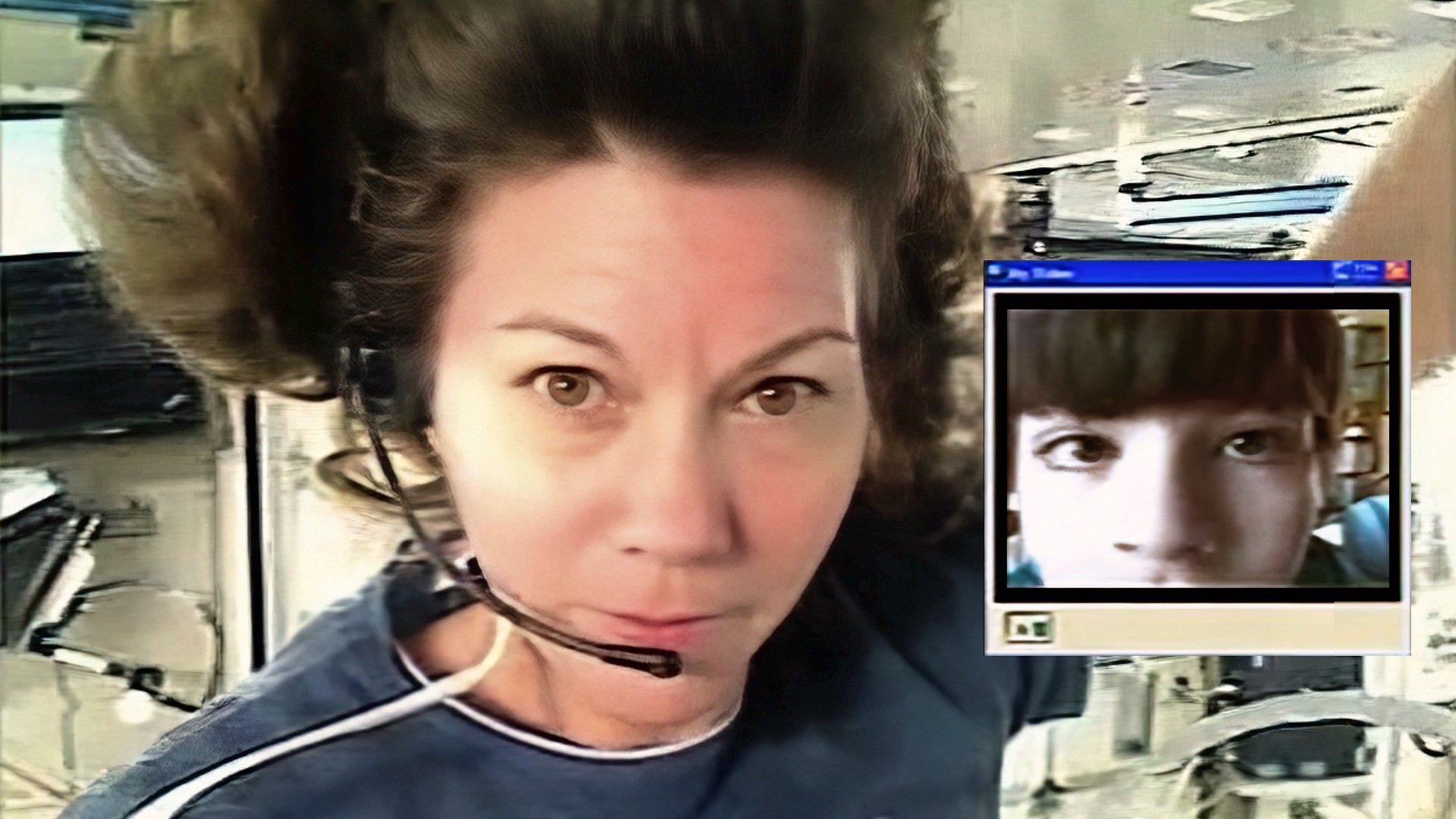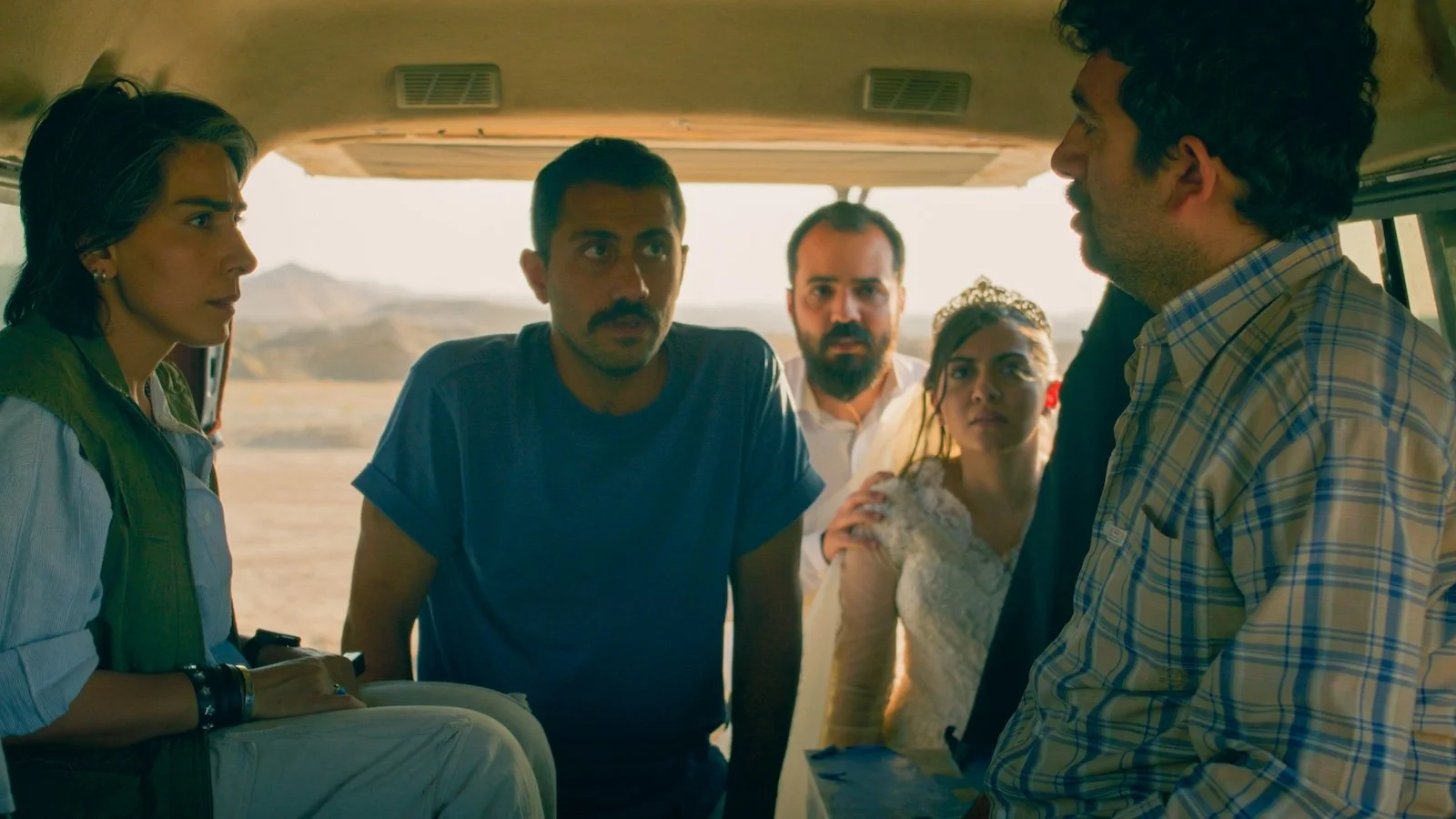Hot Docs 2023: The Longest Goodbye
Space travel is hard on the body and the mind, but the former has garnered far more attention in the history of space travel than the latter. The Longest Goodbye explores NASA’s institutional attempts to rectify this imbalance, examining the psychological toll that will come as humans venture deeper into space. If NASA is to ever send humans to Mars—which they say they are planning to do in the coming decades—then those astronauts will have to spend over three years away from Earth and, more importantly, their families and friends. Dr. Al Holland has been tasked with spearheading the psychological preparation and debriefing of astronauts in their space program. Ido Mizrahy’s The Longest Goodbye explores Dr. Holland’s role at NASA as well as the broader questions raised by his work.
Blessed with an abundance of stunning space footage, as well as access to Dr. Holland and astronauts, past and present, including Cady Coleman, The Longest Goodbye offers a thoughtful and comprehensive examination of the psychological dimensions of space travel. It’s framed by in-depth interviews with Dr. Holland, where he lays out his struggles at work and the psychological avenues he’s exploring in preparation for the Artemis missions. For instance, Dr. Holland has had to struggle against organization inertia, as well as pushback from astronauts, as they worry that confessing psychological struggles to him would impact their chances of going on further space missions. Within the framework of focusing on Dr. Holland, the film also jumps between past and present, earth and space, to document historical approaches and experimental research into deep space travel.
A key focus is on the career of Cady Coleman, who spent 179 days in space in the mid 2000s while having a young son at home with her husband. The film gives us intimate access to video conversations between Cady on the International Space Station (ISS) and her son at home, who tries to hide his frustrations regarding his mother’s extended absence from earth. It also smartly catches up with Cady and her son in the present day as they process the experience they went through and how it shaped them as people, showing the psychological cause and effect of long isolation in space.
In other moments, the film explores isolation on earth and how other extreme experiences can inform future space mission preparations. Dr. Holland recalls the Chilean mining disaster in 2010, when 33 miners were trapped underground for 69 days and had to survive in subterranean isolation. Beyond the need for food and water, Dr. Holland details the patterns and exercises he helped develop with the miners to create a sense of normalcy and connection with their family members above ground.
As the film anticipates future space missions, it ponders ways to instill similar human connections on deep-space missions, where astronauts would be unable to experience real-time contact with Earth. The film walks us through various experiments involving AI, VR, and hibernation that would seek to mitigate the psychological toll, but as Dr. Holland points out, with every possible solution, new problems arise. For instance, hibernation would allow astronauts to avoid the arduous journey to Mars, but when they awoke, they’d have to process over nine months of events back on earth, which might include the loss of family members and seismic geopolitical events. The approach might prove more overwhelming than years of isolation.
With its remarkable access to footage and intimate commentary from its subjects, The Longest Goodbye proves to be an insightful and frequently moving look at humanity and the sacrifices necessary to accomplish great feats like space travel. The only significant drawback of the film is that it’s exploring a subject that might be more developed, and, thus, more compelling, a few years in the future, when a Mars mission seems more like a present reality. Dealing with hypotheticals robs the film of some urgency. The film also unwisely glosses over much of the historical data of past human exploration, when people would go off to war or explore the South Pole for years at a time, away from families and friends. Space is unique, but the experience of isolation, and isolation as a part of exploration, is not. It’s something humans have lived with for as long as we’ve ventured beyond the horizon, and the film oddly ignores this dimension of comparison.
In spite of some deficiencies in terms of conception, The Longest Goodbye is the sort of documentary entertainment that should prove to be accessible and thought-provoking for anyone interested in space travel.
7 out of 10
The Longest Goodbye (2023, Israel/Canada)
Directed by Ido Mizrahy.



Nia DaCosta’s sequel to 28 Years Later pits two competing theologies of death against each other.